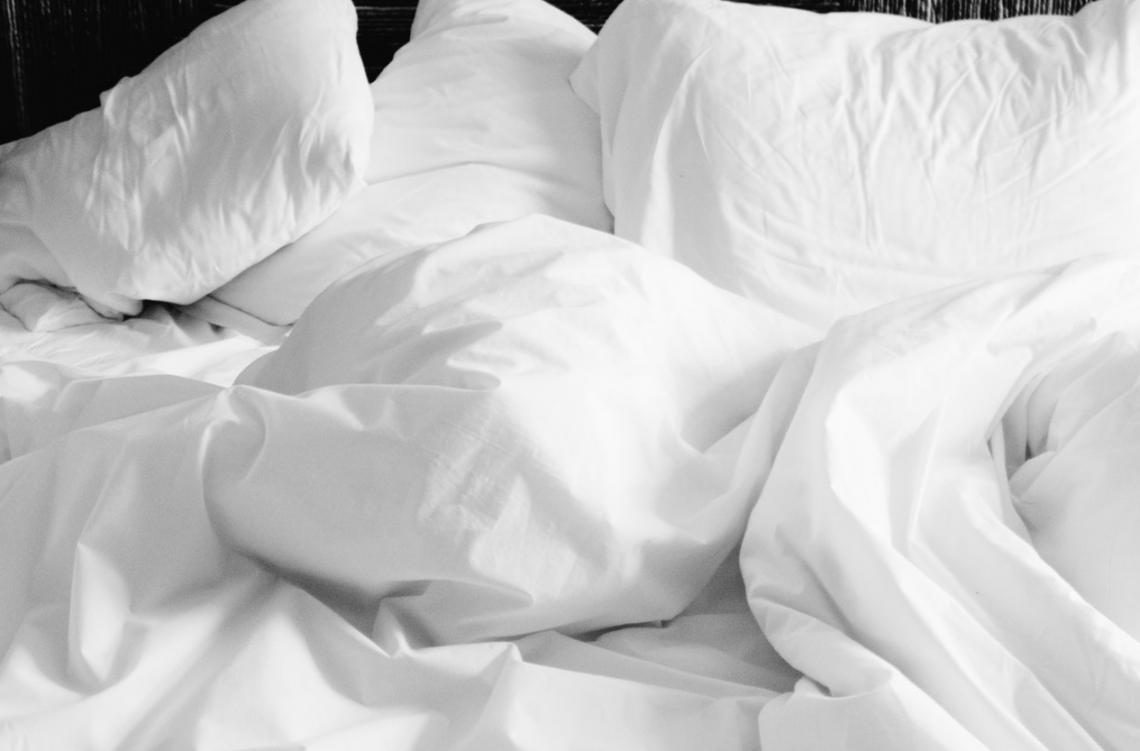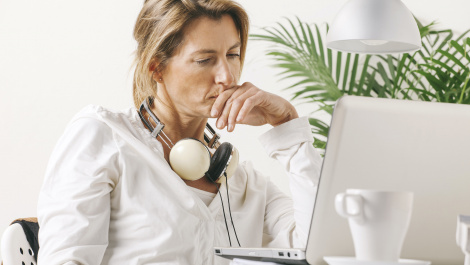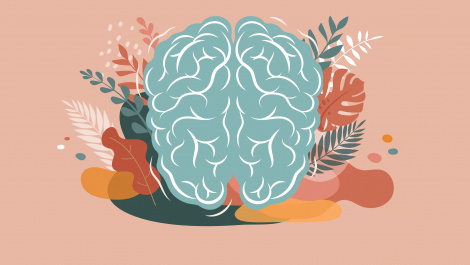Everyone is impacted by a bad night’s sleep. Waking up every morning feeling refreshed and well rested, ready for the day ahead would be living the dream. The reality is that on average, most people only have 3 nights of good sleep per week. Habits that are detrimental to our sleeping patterns are often so ingrained that we’re probably unaware of the impact on our sleeping patterns and our health. Poor sleeping patterns can even prevent weight loss. Read on and you could make a few interesting discoveries to a better night’s sleep!
Are you a coffee junkie?
“I’d like a single espresso please.” It was a perfect end to the meal – but at 3 a.m., when you’re still awake? Not so much. Certain teas, chocolate, soft and energy drinks are common sources of caffeine and after late afternoon are unnecessary stimulation that’ll keep you wired.
Nightcap nightmares
You might think it helps you sleep, but unfortunately, you’d be wrong. Alcohol delays and limits deep sleep, which we know is important for mental clarity, memory, and other brain functions. It can make you drowsy enough to fall asleep fairly quickly, but it often wakes you up just a few hours later.
Snack attack
Having a small, light snack before bed is probably okay. But big meals and snacks get your metabolism going and stimulate your brain – leaving you with indigestion and even nightmares during the night. Try to monitor your hunger and what you then snack on. If you wake up in the middle of the night and tuck into the ice cream, it’s probably not the best idea. Keep a diary of what happens when and what you eat late to see how it affects you. If you’re not sleeping well, change up what you eat.
You snooze, you lose
As we get older, afternoon naps become a welcome day break, and we love them. That little bit of shut eye in the drowsy hours is, quite honestly, simply the best. But if you take a nap after 3 p.m., you can ruin your night time sleep. So, no naps and no coffee. Move around, do some stretching exercises that get the blood flowing back to your brain, and push through until the evening.
Stop ignoring your alarm clock. Really!
Like napping, there’s nothing better than being able to sleep in or press the snooze button a few times. The downside is it can mess with your natural sleep patterns. Try to be consistent in your routine – you might find you actually sleep better when you don’t overdo your shut-eye time. Some people are lucky; they wake up energised and love their morning run or some early gardening. If you’re not one of them, try to wake up and get moving – even if it’s just to the kitchen to make tea! Or, try our Optimal Morning Wake Up workout – it will only take 5 minutes and give you a great start to your day.
Find your comfort zone
It’s a lot harder to sleep when it’s hot. Being too warm can also affect the quality of your sleep. High humidity can make it even worse. Like so many of the good things in life, if you want to get good rest, you have to be cool. Even in winter, heated blankets and super thick pyjamas are going to keep you from deep sleep. Invest in decent, breathable duvets and weighted blankets to keep you perfectly tempered.
Getting caught in the web
Artificial or ‘blue’ light before bed is incredibly bad for sleep. Your brain registers that light as daylight, confusing your brain’s daytime hours. Smartphones, computers and television have become such an integral part of our down time and ‘do nothing’ days that we forget how detrimental they are to our health when used in excess. Shut down bright screens 2 to 3 hours before bedtime to get your body ready for snoozing.
If you’re looking to page through something, Arianna Huffington’s book about the Sleep Revolution is an interesting and insightful read. A book light is certainly better than a blue light.
A prescription for a bad night’s sleep
Medication has become part of our lives. Take a listen to your conversation with friends the next time you’re around the dinner table or having a cup of coffee. “What are you taking for this?” “Do you have any recommendations for that?” If you need to take medications before bed, you should. However, some prescription meds and over the counter pills are loaded with stimulants that will keep you awake, as opposed to helping you feel better. Check with your doctor or medical practitioner before you stop or start certain remedies, but as a rule, avoid what you don’t immediately need. Also, where possible, consider replacing meds with the right vitamins and nutritional supplements to support your body’s functional requirements.







Comments